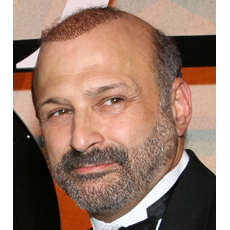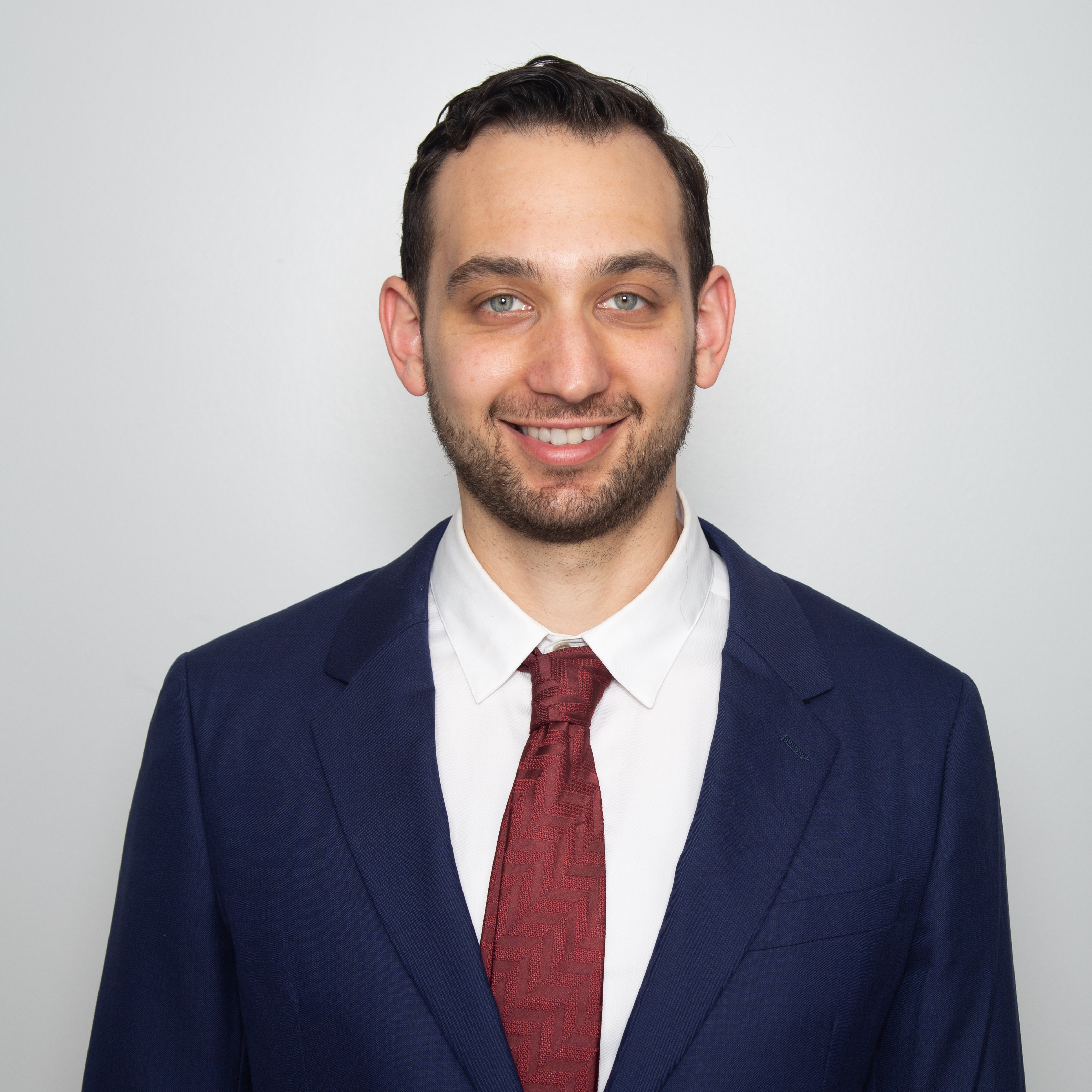
This article was written by Jim Williams, MD, a family physician with a private practice at Sibley Memorial hospital in Washington, D.C. His piece is the second in our Physician’s Corner, a place for doctors to tell their stories about how medicine is changing in the twenty-first century.
Very recently I lost a patient to cancer. He was 95, had been a naval aviator in WWII and Korea and in the words of a friend was “unshakably calm…with a strength of character remarkable even among our Nation’s Greatest Generation.”
He battled cancer for the last two years of his life. Hospitalizations, late night ER trips, chemotherapy and a permanent urinary catheter were just a few of the burdens he endured. He bore these things with the grace you would expect of such a hero.
He also happened to live across the street from me. I’m a concierge primary care doctor, and he was my patient. We grew very close in our professional relationship as a result and he shared with me many concerns about the end of his life. He wanted to be at home as much as possible. He loved his family and wanted their input into the care he received. He wanted to understand his situation so he could remain self sufficient as possible to the end.
Operating with a broken system
During my care for him, one thing became clear to me immediately: Our current healthcare system is inadequate to meet his reasonable expectation of personalized care from a physician whom he knew. I think it’s an expectation shared by most elderly patients with chronic disease. Our crowded emergency rooms, overworked hospitalist teams, and outpatient clinics with 8-minute office appointments, cannot possibly fully address their plight. It is as if we thought the key to improving healthcare for them was to increase complexity rather than restore simplicity.
Much has changed for the better since the times of the family doctor who knew his patients intimately, but something worth preserving has been lost. In my patient’s final months he needed care for that urinary catheter that defied normal visit hours for his home nursing team and my office. My family grew accustomed to my evening and weekend disappearances for a while as I crossed the street to help my neighbor avoid an ER visit. Much modern science has been devoted to catheter care, infection prevention and the study of antibiotic resistance in this arena with great benefit.
On another level however, this is a very ordinary situation. I do not mean simple but rather, suggest that one of the critical elements to meeting my patient’s wishes in this case was not more science but more time. A trip to the ER certainly offered all the advantages of modern medicine. But a trip across the street in an unhurried way, an ordinary interaction between physician and patient, prevented the cost of many an ER trip. With some basic sterile catheter kit supplies stored on top of above my patient’s washing machine, we prevented multiple expensive and potentially risky ER visits (including exposure to other illnesses while there.)
The Future of Care is Concierge
A new industry in medicine is growing rapidly in response to stories like these. It is referred to as retainer-based or concierge medicine. In this model, patients enroll with a doctor by paying an upfront membership fee. It is not unlike joining a health club. The fee does not replace insurance and is not reimbursable (although it can be tax deductible). It allows a physician to limit his or her practice size and thereby, facilitate a level of care and attention beyond what normal insurance will cover. Patients have access to their doctor immediately by email and cell phone. Visits within 24 hours are easy to schedule.
While critics say this is health care for the wealthy, the merit of such a model in preventing ER visits, reducing health care costs and alleviating human suffering cannot be ignored. And let’s get real: The average patient retainer is $145 per month, which is less than many households pay for cable TV or a smart phone.
Our current system uses a mechanistic approach to patients approaching death through chronic illness. It expects doctor to engage in such silliness as quizzing a dying 95 year old on irrelevant historical details to satisfy the minimum “meaningful use” of an electronic medical record. It expects doctors to see five patients an hour. The distinction between the large multispecialty clinic where patients feel lost and the personalized care of concierge practice reminds me of the words of the ancient Greek writer Sophocles, who wrote in his play Ajax, “It is not like a clever surgeon to chant spells over a wound that needs a knife.”
The journey to improve end of life care for our Greatest Generation and now, increasingly their children, is not at a crossroad. It is stuck at the starting gate. Concierge type medicine provides firm footing in this quagmire. It would be foolish to expect concierge medicine, or any other lone element of our healthcare system, to solve all of its myriad problems. But it is a daily pity when so many suffer and die a harder death that this option is dismissed on philosophical arguments.
Jim Williams is a family physician with a private practice at Sibley Memorial Hospital in Washington D.C. who is affiliated with the concierge medicine provider SignatureMD.
View Original Source


